Subscribe for Access
In the Engage stage of the buyers’ journey, buyers are making major decisions about whether or not to purchase your product or service. Potential customers are demoing your product, seeking outside references, surfacing objections, and evaluating costs and benefits.

Welcome to the Nearbound Daily Newsletter—the #1 partnerships newsletter in the world keeping thousands of partner professionals on top of the latest industry principles, tactics, and trends. nearbound.com is a project of Reveal. Join the movement here. And ask NearBot a question here.
NEARBOUND MARKETING BLUEPRINT
The following is a section from the Nearbound Marketing Blueprint, the step-by-step guide to reaching buyers with the voices surrounding them to drive more revenue.
How to overlay partners to the GTM bowtie model
A true nearbound partnerships strategy is an overlay on the business that connects every department and every department’s GTM motions.
Using the bowtie model as our anchor, we’re going to break down the prioritize/engage stage of the buyer journey into three categories:
- Why partners are critical to this stage of marketing
- How to best use Reveal
- Plays to execute at this stage

Purpose: To help buyers become solution-aware and solution-ready, leading to conversion.
How partners help:
- Access to critical intel
- Can influence purchase decisions
- Make intros with key decision-makers
- Co-sell together
Which department(s) are most involved:
- Marketing
- Sales
- Customer Success
Partner types:
- ISV (tech) Integration partners
- MSPs and other service partners
- Resellers / distributors
- Consultants / Agencies
- Strategic Alliance Partners
Why partners are critical to this phase
In the Engage stage of the buyers’ journey, buyers are making major decisions about whether or not to purchase your product or service.
Potential customers are:
- Demoing your product
- Seeking outside references
- Surfacing objections
- Evaluating costs and benefits
Sellers are very involved in the Engage stage, running demos and working to address objections. While Sales is primarily responsible for the outcomes of the Engage stage, Marketing supports them with material like pitch decks and case studies.
Within the past year, the Engage stage has become infinitely more difficult. Budgets have gotten tighter, more decision-makers are required to make a purchase decision, and every company is cutting “nice to have” software and services.
Not to mention, every buyer is overloaded with emails, calls, and media. It’s getting harder for Sellers and Marketers to effectively engage potential buyers.
This is where partners are helpful.
Buyers today are not only informed, but they also have a no-BS mindset. They care about their time and don’t want to waste it.
The best Sellers employ a mix of research or Show Me You Know Me, and exclusive partner intel, influence, and intros to move conversations forward that would otherwise stagnate.
- They ask trusted sources for exclusive intel to help them build stronger pitches and make the most of every conversation.
- They learn a potential customer’s tech stack and ask key partners to endorse their product.
- They avoid crowded inboxes by getting intros from known and trusted individuals.
If that sounds great then why aren’t more Sellers leaning on partners?
Sellers have traditionally feared involving partners in their deals, afraid partners would complicate or slow them down.
It is the responsibility of the partner manager to properly overlay partners on existing Sales motions to help Sellers, not create issues.
So how do you do that? Click here to read the full blueprint.
Steal this engage play: customer stories
Use these eight steps to engage potential customers.
- Work with your partner to find a joint customer that aligns with the target audience and best tells your better-together story.
- Co-create a list of interview questions for the customer that keeps the conversation focused on the story you want to tell. However, remember to stay open to the things the customer is most excited about; this is how you discover unique use cases in your product.
- You, the partner, and the customer conduct a recorded interview.
- Find and clip the best moments in the conversation to use as promotional materials, and to make both the partner and customer famous.
- Write the story. Remember that the goal should be to tell the story that solves a problem for your buyers and customers, not to focus solely on your product.
- Share promotional assets with your partner and the customer. Make it easy for them to share with their network.
- Share the story with your customers who are prospects of your partner, and have your partner do the same with your list of prospects.
- Reuse the story in other content, such as subsequent strategic articles or Sales/CS decks.
If done well, these activities lead to a conversion of the customer. In the Conversion stage, partners can help with intel, influence, and introductions to decision-makers, helping your Sales team finalize the deal. To learn more how to leverage partners in the Conversion stage, check out the Nearbound Sales Blueprint.
UPCOMING EVENTS
Stuff you don't want to miss!
- TODAY—June 12th—Partnerships 101 (What's a Good Partnership)—Join Arun Kumar (Director of Strategic Partnerships at Incentivio) and Scott Pollack (CEO at Firneo) where they will explore the building blocks of successful partnerships in the tech industry. Register here.
- Nearbound Summit 2023 Recordings—The future of GTM is nearbound. Watch the recordings to hear how B2B leaders across departments unite with Nearbound strategies and tactics. Listen here.
You're all caught up.
RECENTLY PUBLISHED ON NEARBOUND.COM
- The GTM Partners x Reveal Partnership by Sangram Vajre
- Partnership Value Modeling by Linkon Axon
- How CallRail Increased Integration Adoption by 167% Through Strategic Partnership with HubSpot and Reveal by Shawnie Hamer
- How to Help Your Sales Team with Intros by Andrea Vallejo
- Leveraging Partnership Data To Its Fullest Extent Requires Integration by Shauntle Barley
- Howdy Partners #74: Reactive Partner Marketers Are Salary Wasted with Jessica Fewless
- Expanding into New Markets with Nearbound by Andrea Vallejo
- The GTM Bowtie: How To Overlay Partners Across the Complete Customer's Journey Part One by Ella Richmond and Will Taylor
- How GTM Leaders are Tracking Nearbound Metrics
- Your Deal Isn't Dead, It's Just Not Partner-Led by Andrea Vallejo
- How Sendcloud Achieved an 80% Increase in New Leads Sourced From Partners Using Reveal with Wilson Favre-Delerue
- The Elephant in the Ecosystem by Chris Messina
- The Era of Ecosystem Orchestration is Finally Here by James Hodgkinson
- How Fullstory Builds their Tech Partnerships Program with Reveal’s Help to Increase Their Renewal Rate by 14% with Nigel Liaw
- Nearbound and the Rhythm of Business by Jared Fuller
- Rhythm of Business Checklist by Jared Fuller
- How Pigment Increased Win Rates 5-10% with a Nearbound Overlay & Reveal with Wendy Wen
- How to use Reveal for Co-marketing Events
See you tomorrow

If this email was forwarded to you, sign up here to get the newsletter every week.
nearbound.com is a project of Reveal. Join the movement here.
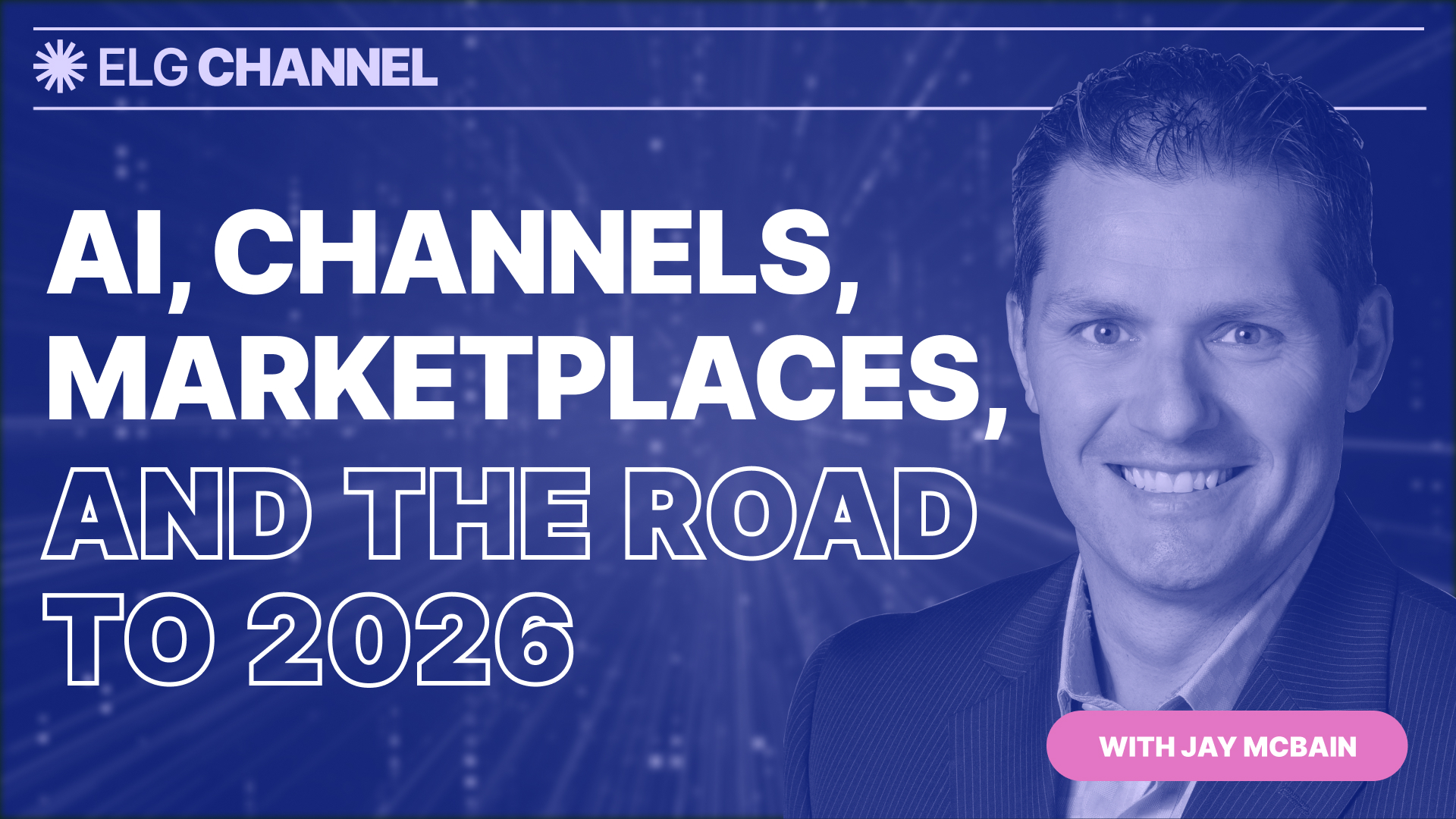



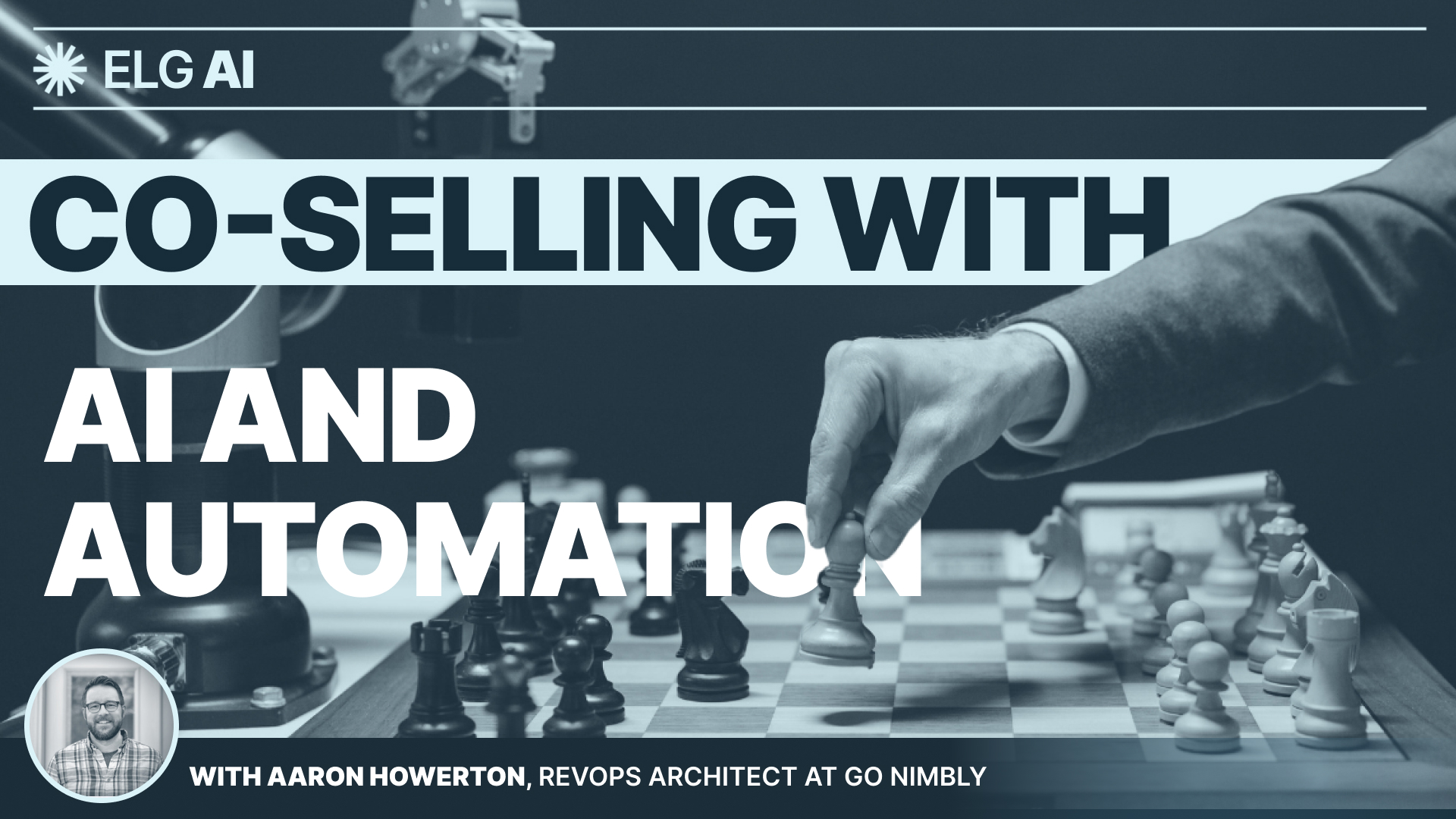


%20(1).jpg)
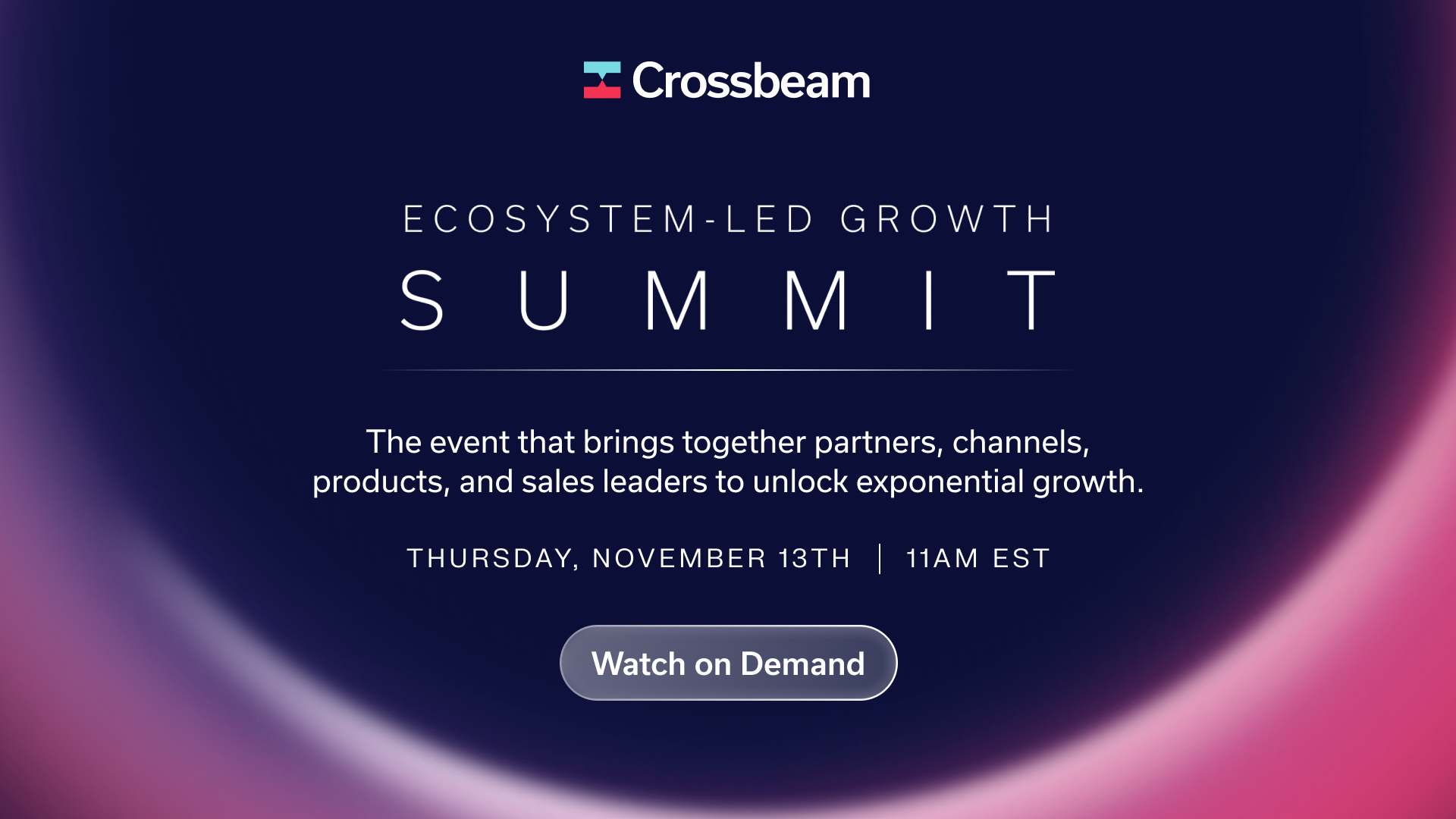

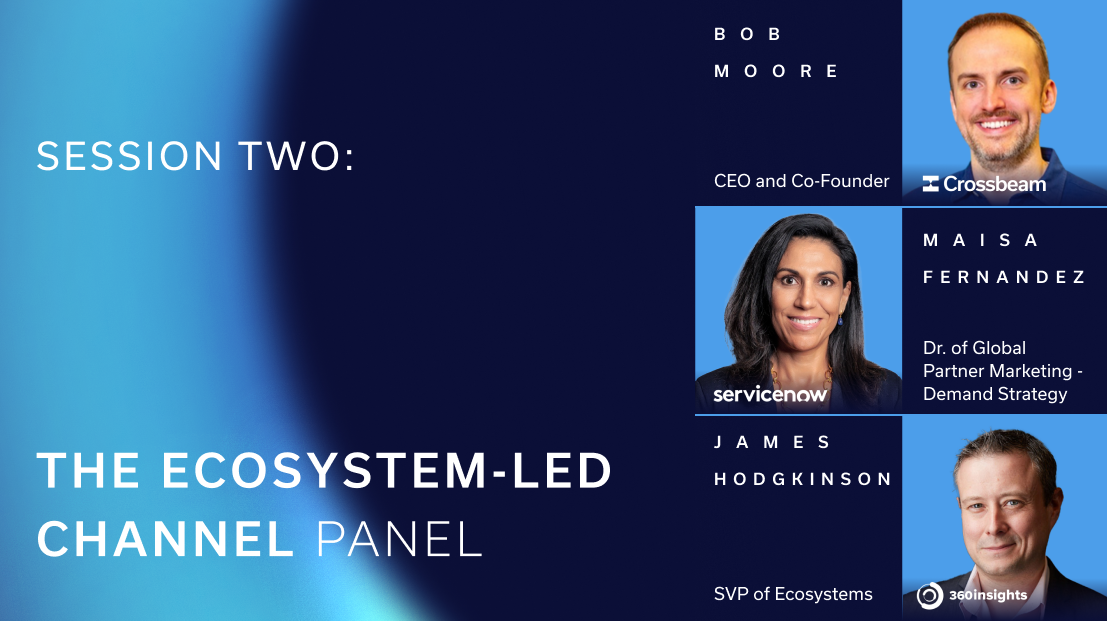



.png)
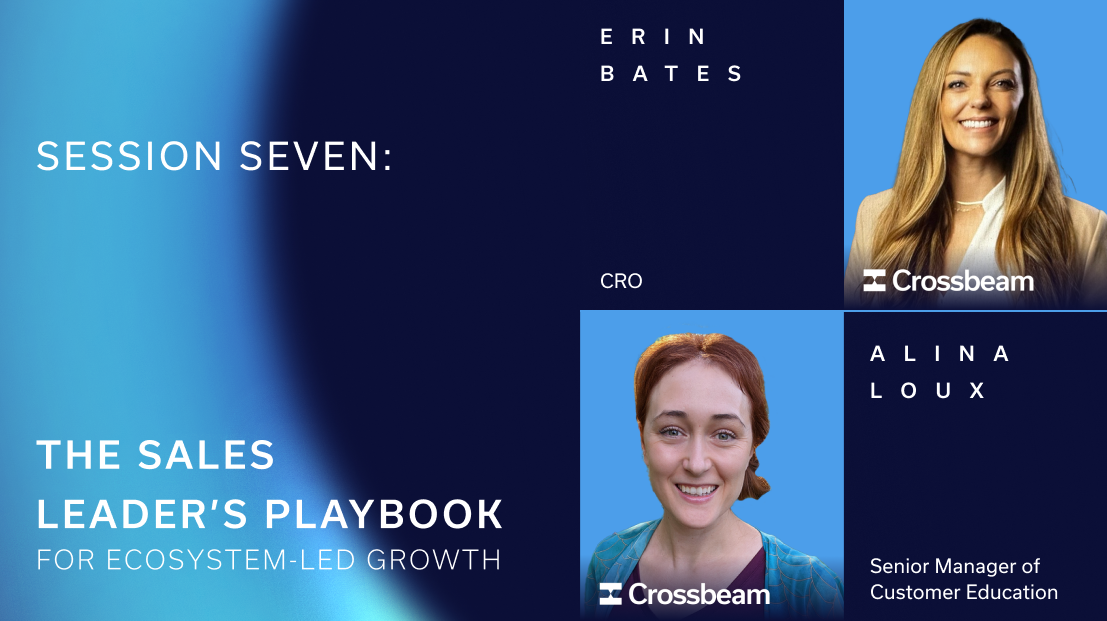




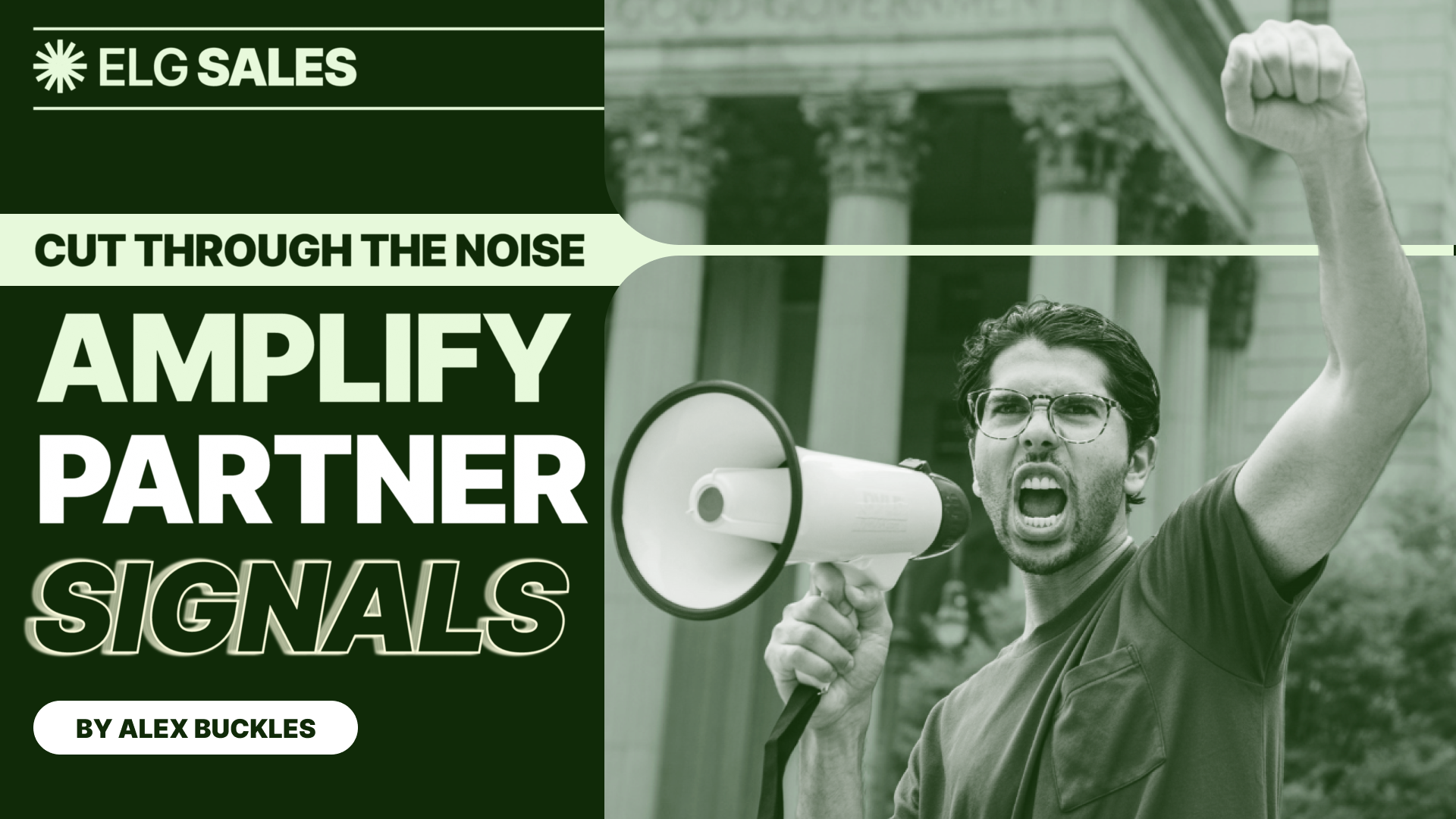






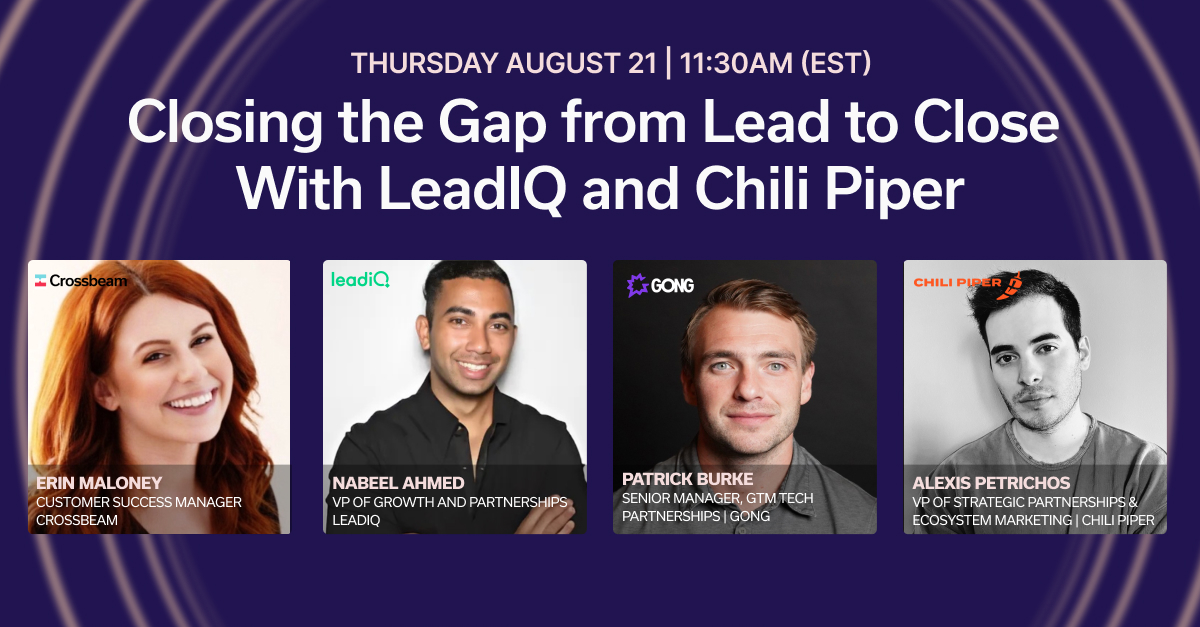

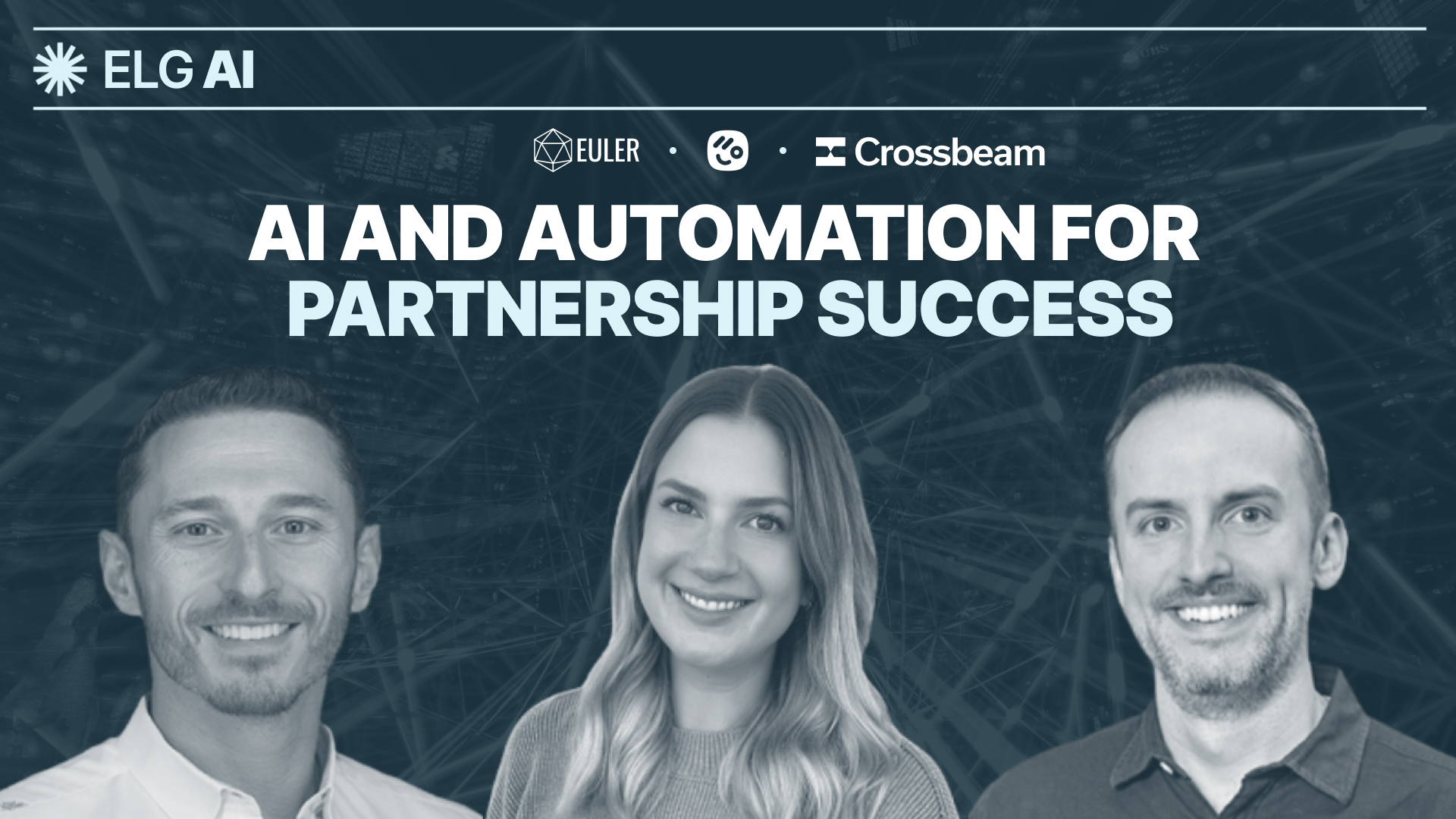
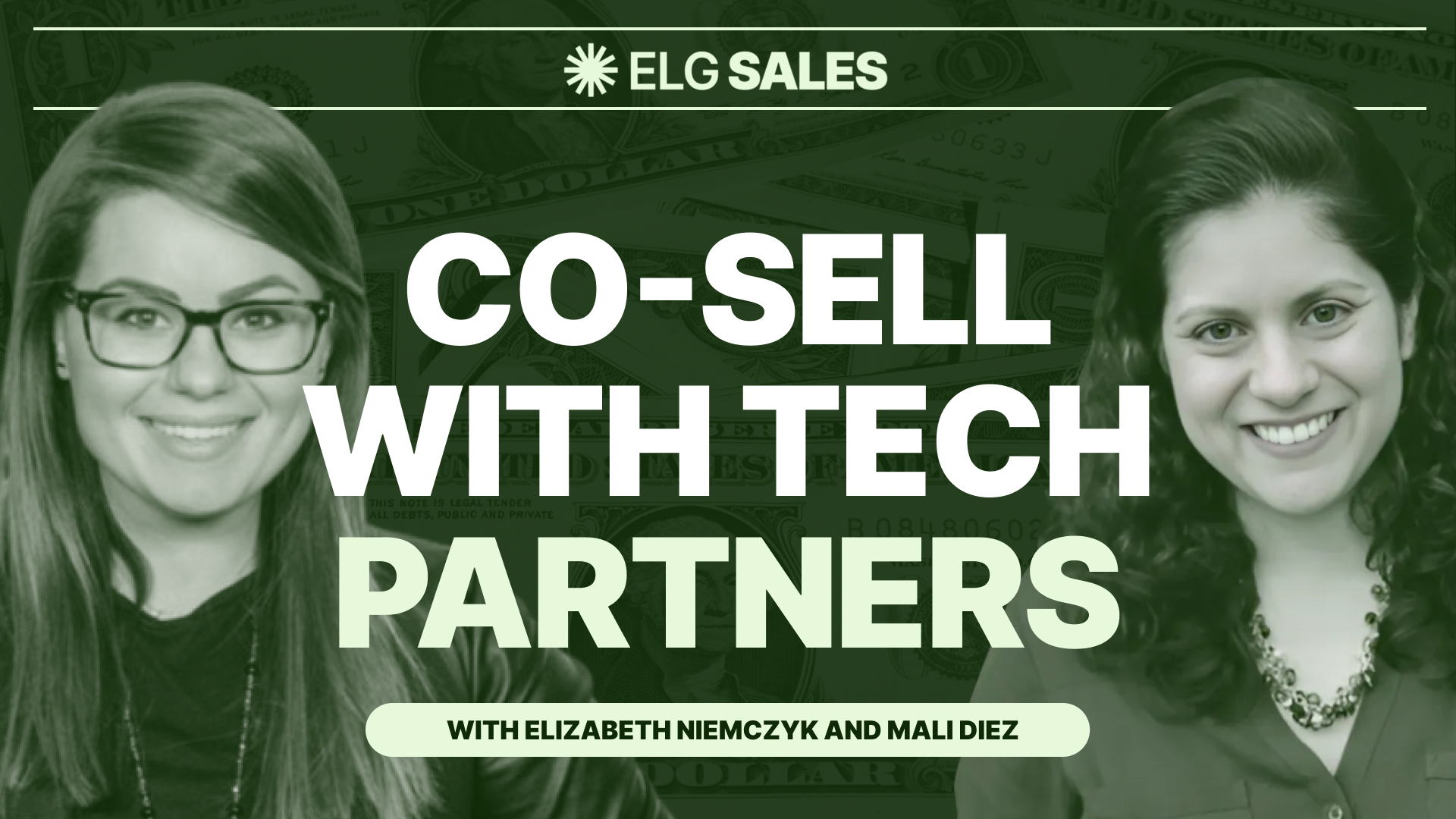
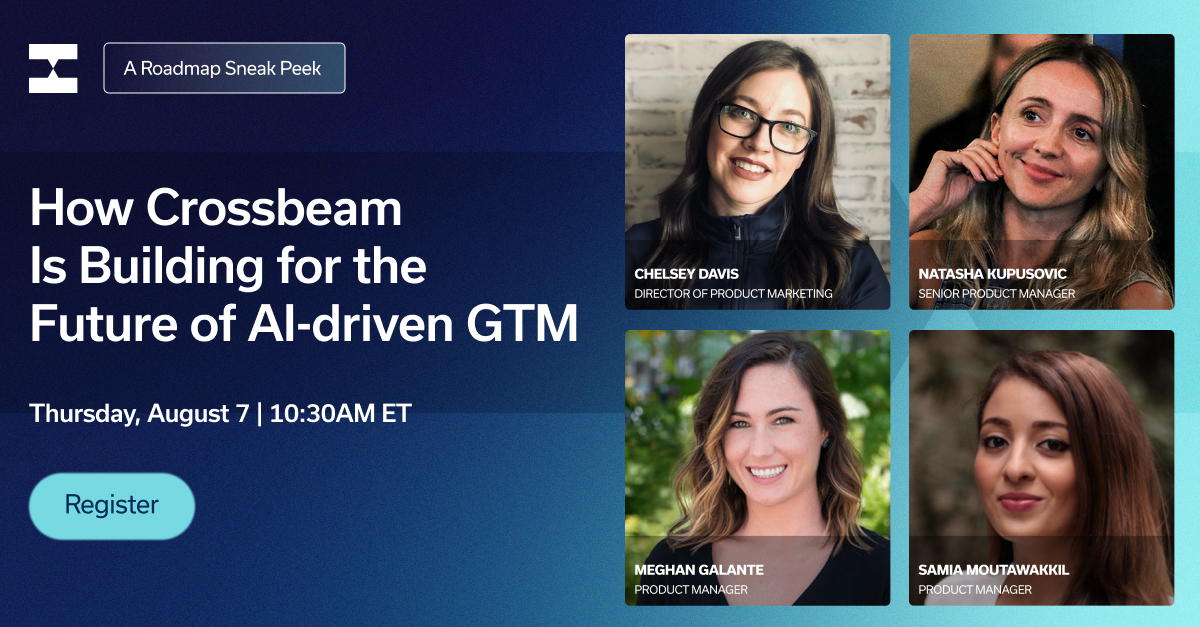
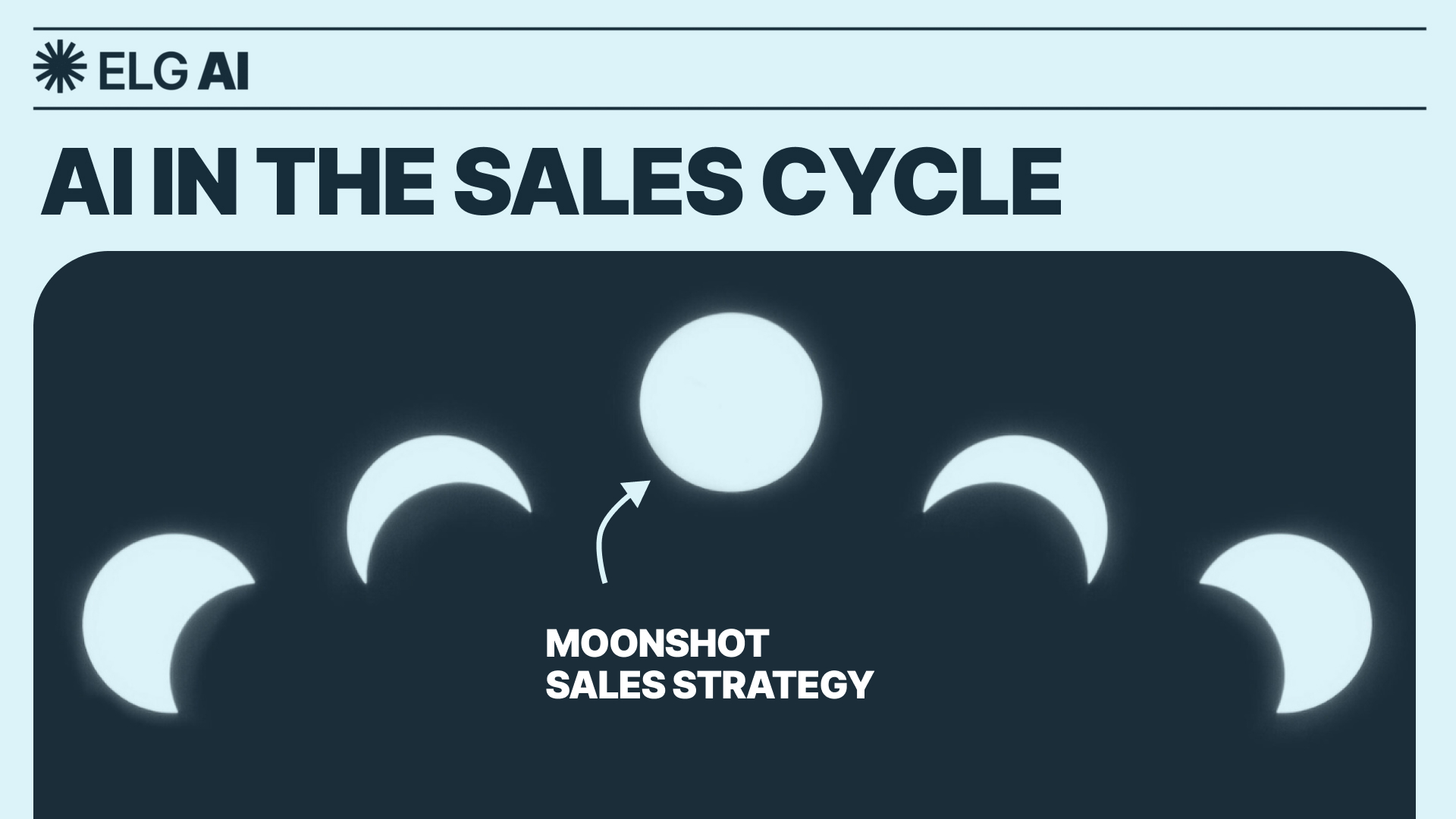
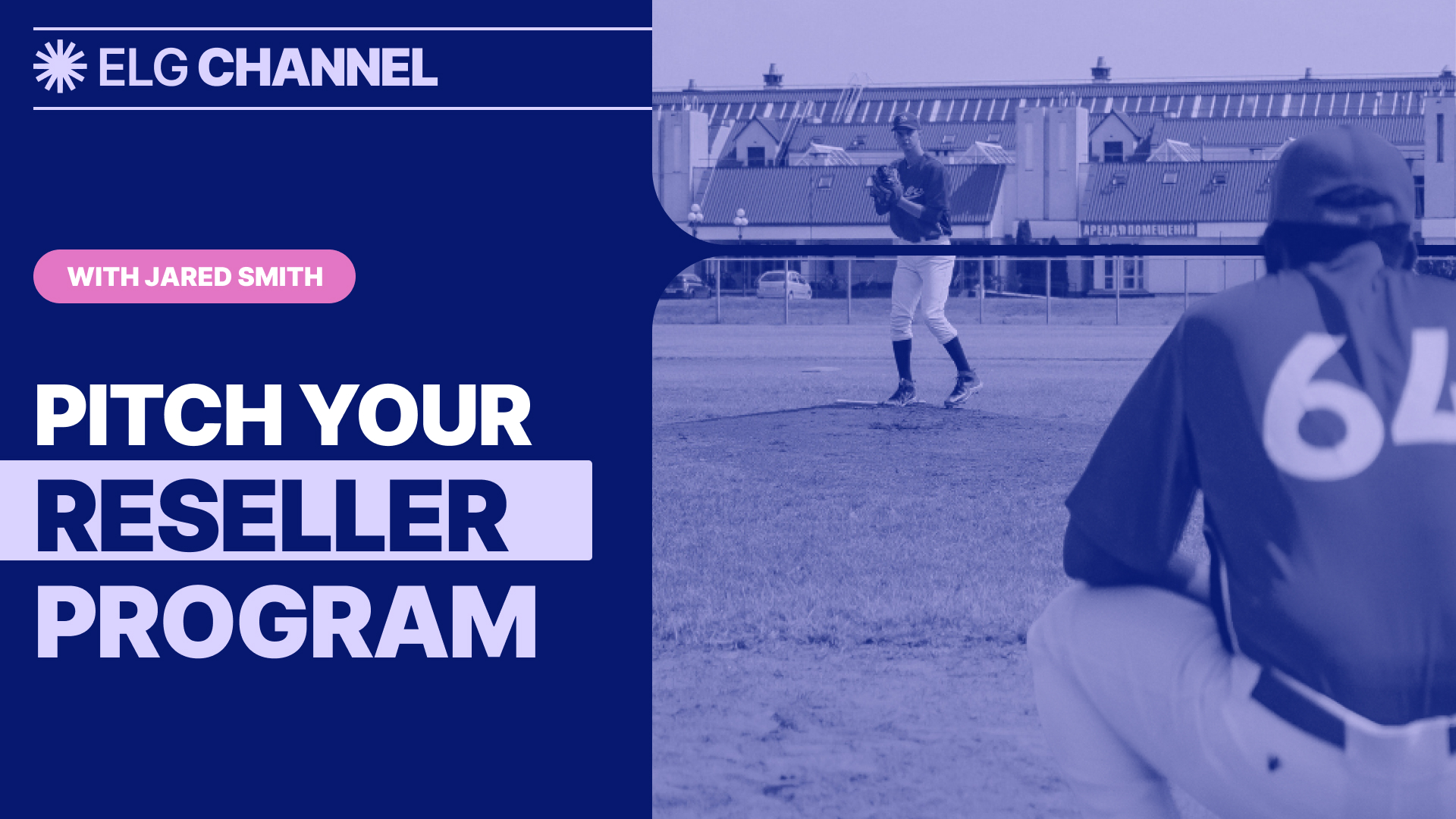
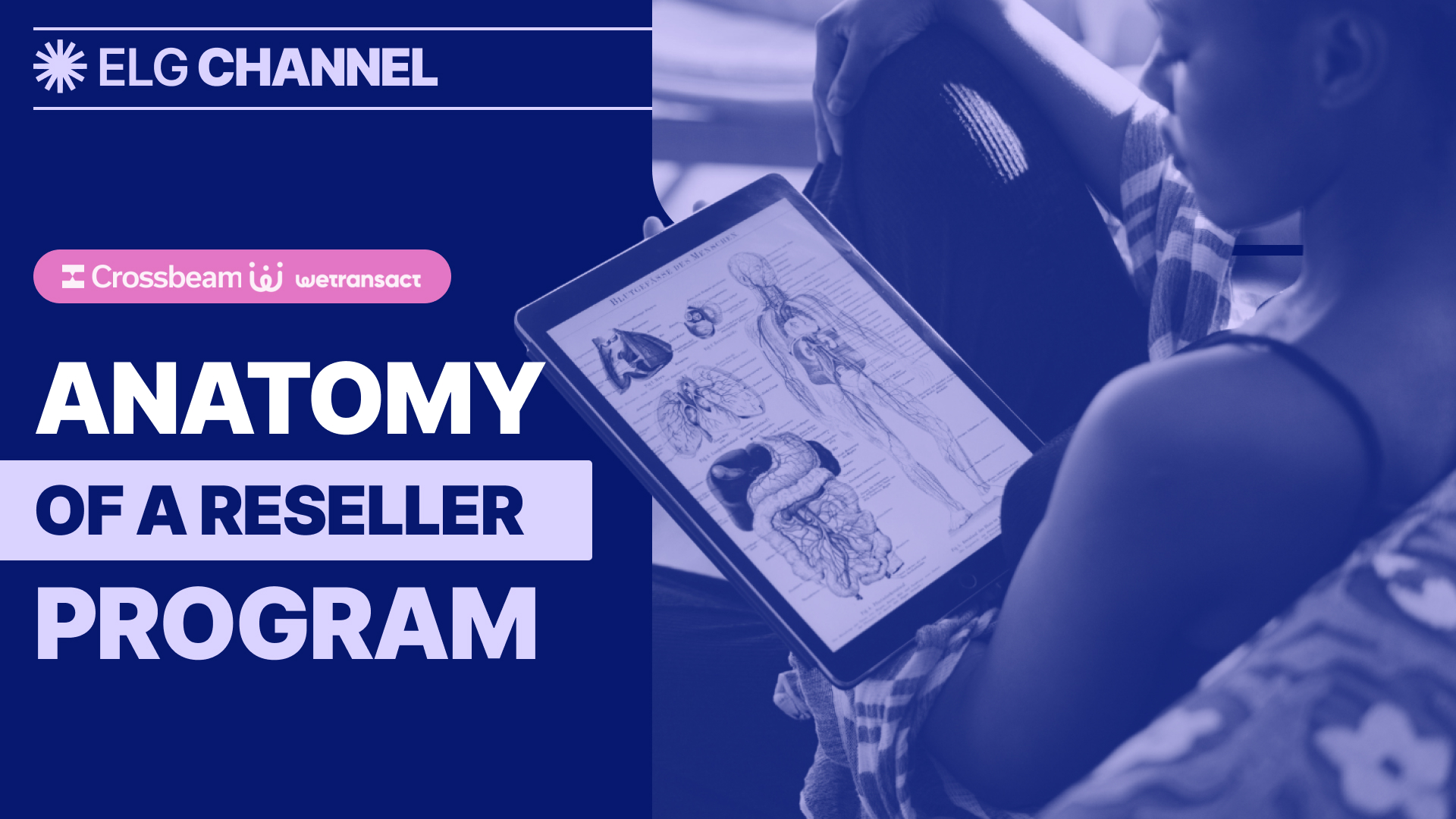
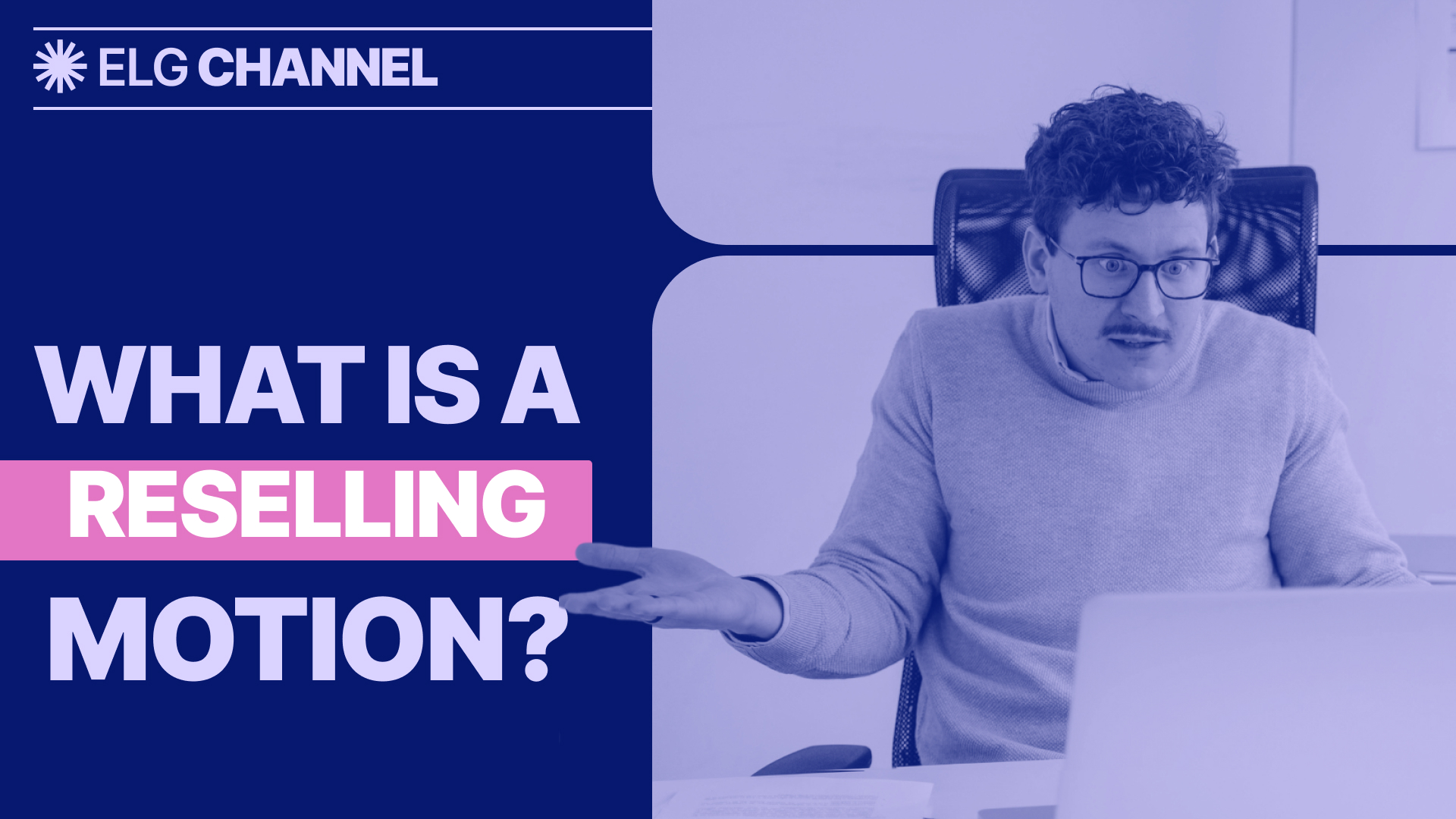




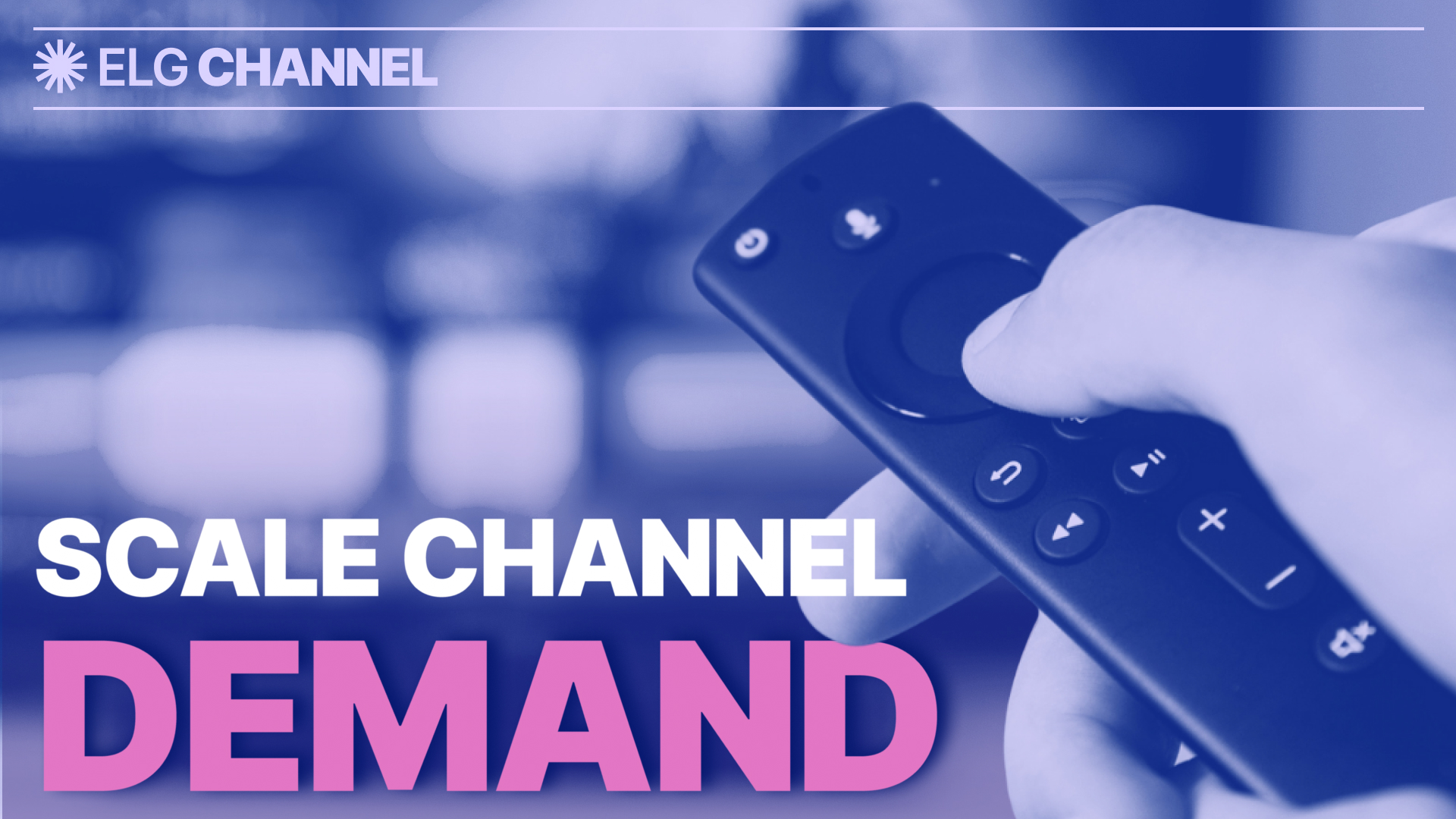


.jpg)




.png)



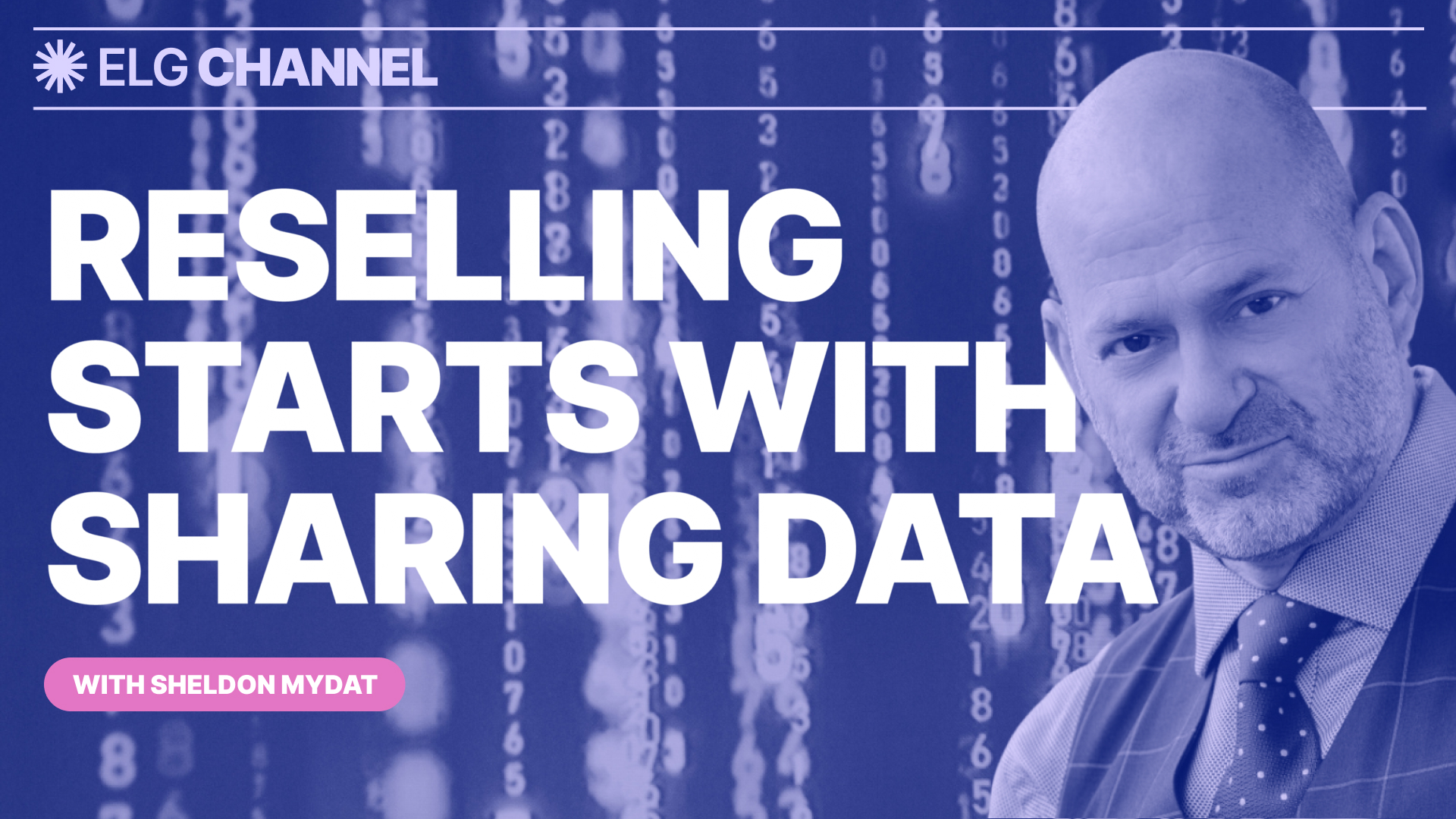


.jpg)





.jpg)

.webp)


















.webp)














